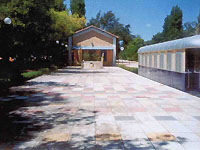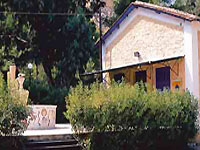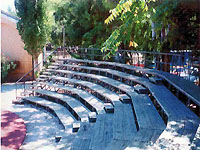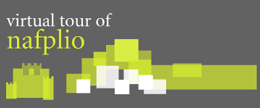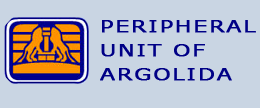Child Awareness Museum “Stathmos”
|
Since its "birth", the PFF has had a particular, vested interest on the approach: "Child-Museum". It is the very first institution to materialize such a goal and has been influential in a way, in motivating other institutions across Greece to act the same. In 1982, it assembled the first teaching community conference, with the aim to sensitizing and activating an educational program which would redefine the relationship between the child and the Museum, which were very successful. Thus, in cooperation with the Local Authority, the PFF managed to create a lifeline so to speak, through "Child Awareness Museum", in continuation of its approach. |
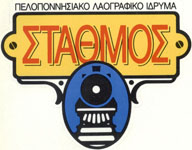 |
|
|
After an extensive research on Child Museums across the European continent, the first museum for children was established, in 1989, under the theme: "Τhe child and the cycle of child age", from antiquity to our contemporary era, after the successful, seasonal exhibitions that had taken place in Nafplio and Athens, entitled: "Τhe child and the game". Primary aim was to put a new concept forward, to redefine the approach children have for museums, with its axis pointing to three directions: aesthetics, psychology and sociology. |
||
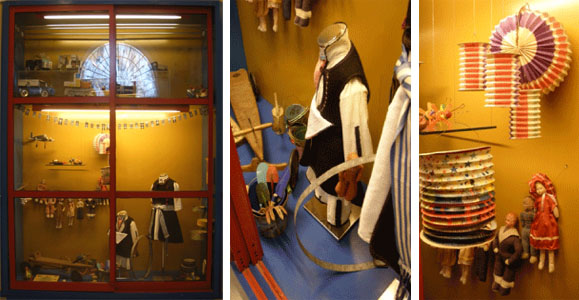 |
||
| Stathmos-Educational programs | ||
|
Τα εκπαιδευτικά προγράμματα του ΠΛΙ ξεκινούν την εφαρμογή τους το 1979 και απευθύνονται στα παιδιά της πόλης, σε σχολεία και οργανωμένες ομάδες απ' όλη την Ελλάδα.
|
||
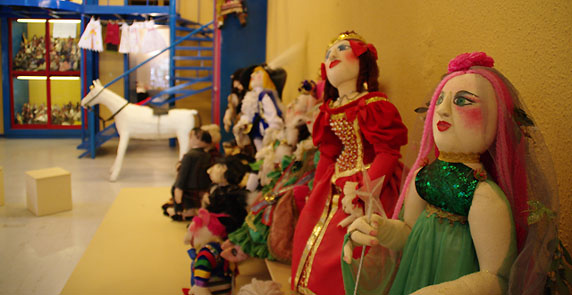 |
||
|
The educational basis for such a reverse follows: a) the theoretical, empirical method which can be accomplished via supervisory material (audio-visual material, museum-devices, and documents) and b) the child's self action. |
||
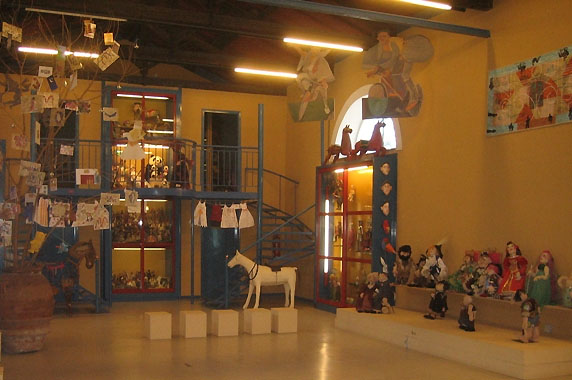 |
||
|
School Educational Programs: |
||
|
- Nursery school- Kindergarden 1) Textile-Cut-Attire |
||
| - Primary School 1) Textile-Cut-Attire 2) 19th century Nafplio 3) Museum-routes-memory 4) The olive grove ghost 5) Child age Museum. Learn More 6) The olive game 7) The spider's web 8) Our folklore music through shadow theatre 9) The doll |
||
| Secondary School- High School 1) 19th century Nafplio 2) Modern Greek shirt 3) Museum-routes-memory 4) "Stathmos-Memory 5) Overgrown with olive trees |
||
| |
||
|
Educational Courses for the city's children Courses for the disabled The PFF Department of Educational programming has cooperated with the Centre for Advisement-Occupational Orientation (KESYP in Greek) towards the publication of an educational book themed around "Vasilios Papantoniou" Museum for all Schools with Disabled and Special students of Argolida prefecture.The educational file "Let's take a walk to the Museum" can be applied to all Schools for Disabled students across the Greek State. |
|
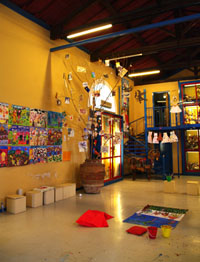 |
| Courses for Adults |
||
| The PFF has inaugurated the pilot application of educational activities for adults in cooperation with: a) The PFF's "Friends" Society and b) the parents of the children who attend the PFF's programs, some of which are:
1) The art of the mosaic |
||
|
|
||
|
|
||
|
Address: Vas. Konstantinou 31, Nafplio, Argolida P.C:21100 (Lat: 37.56519889851565, Long: 22.80384600162506)
The exact location of the Museum can be tracked in the section www.pli.gr |
||


